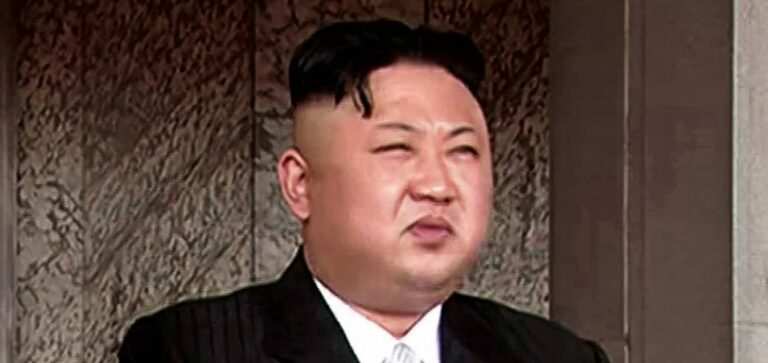
This article was originally published by Radio Free Asia and is reprinted with permission.
North Korean authorities have banned the movement of residents between cities and counties again to prevent the spread of the coronavirus, though the country declared victory over the COVID-19 pandemic nearly two months ago, sources inside the country said.
“The National Emergency Quarantine Command has blocked the movement of residents between cities and counties on the grounds of intensive anti-epidemic measures,” an official from North Hamgyong province told RFA on Sept. 27.
“This is because the Central Committee has issued an order to heighten the quarantine atmosphere across the country to prevent seasonal flu.”
The quarantine command in North Hamgyong has prohibited the movement of people among cities, counties and districts in the province since Sept. 20, citing an order from the country’s National Emergency Quarantine Command, said the source who did not want to be named so he could speak freely.
Though the latest restrictions were put in place to prevent the spread of seasonal flu, residents believe the measure is meant to stave off further spread of the coronavirus because authorities have never restricted the movement of residents to prevent the flu, he said.
“The authorities couldn’t just declare a ban on movement due to the coronavirus, because they have been touting that [North Korean leader] Kim Jong Un’s excellent leadership was the reason for the win against the coronavirus,” said the official.
“It seems that they are using seasonal flu prevention as an excuse,” he said, adding that the measure means that province authorities are not issuing travel certificates to residents who need to go to other cities or counties for family celebrations or for funerals.
“An acquaintance of mine received a call that his mother, who lives in another city, had been ill for a long time and was in critical condition,” the source said. “My acquaintance urgently applied for a travel certificate, but it was not issued. Due to the sudden action of the authorities, he couldn’t be there for his mother’s last moment [before she died]. He was outraged at the fluctuating behavior of the authorities.”
North Korea claimed to be virus free throughout 2020 and 2021, but finally acknowledged publicly that a major outbreak occurred as the result of a massive military parade in April 2022, and declared the national maximum emergency the following month.
Officials in the diplomatically isolated country confirmed the first COVID-19 case on May 8 as a country-wide lockdown was ordered to prevent spread of what officials referred to as a “fever.”
In early August, Kim Jong Un declared victory over the virus during a speech at a nationally televised COVID review meeting and ordered restrictions at bathhouses and restaurants nationwide be lifted, ending the “maximum emergency” order that had been in place since May.
Government officials have never disclosed the total number of confirmed infections.
But even when the coronavirus situation was severe, authorities still issued quarantine and travel certificates for citizens who had to travel for special circumstances, such as the death of one’s parents, the source said.
“It wasn’t easy, but people were able to get quarantine certificates and travel certificates,” he said. “However, the authorities, who declared the end of the coronavirus situation, have abruptly stopped issuing travel certificates. It is causing a huge disruption to the livelihoods of the residents who greatly resent it.”
‘It won’t get better’
A source from neighboring Ryanggang province told RFA that residents have been banned from moving between provinces, cities, and counties across the country since Sept. 20 when the National Emergency Quarantine Command’s order went into effect.
After the COVID review meeting was held in August, authorities lifted emergency quarantine measures to prevent the spread of the coronavirus, and residents were able to cross boundaries after they obtained travel certificates, he said.
“However, since the 20th, no one can go outside the city or county where they live,” said the source who declined to be named so as to speak freely.
Each neighborhood watch unit in Hyesan, the provincial capital, conveyed the order at residential meetings, saying the reason for the new ban on movement was to prevent respiratory diseases such as seasonal colds and bronchitis, he said.
“When the ban on the movement of residents was issued, the atmosphere of the marketplace was completely frozen,” said the source. “The authorities did not say that it was because the coronavirus is on the rise again, but the people are worried about making a living in the future, saying that the respiratory disease [they have referred to] means COVID-19,” he source said.
Authorities have predicted that the current ban will be lifted in November, though some North Koreans are skeptical.
“When the weather gets colder, it will get worse, whether it’s COVID-19 or the common cold,” the source said. “It won’t get better.”
0 comments :
Post a Comment